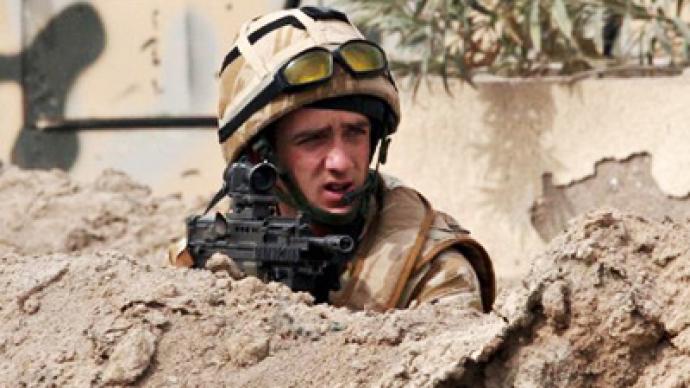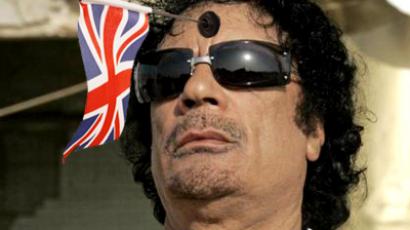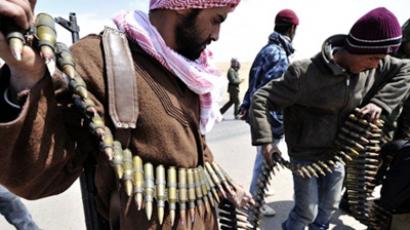War in Iraq: worst moment in UK history - British MP

As the last group of British Royal Navy training staff pulls out of Iraq on Sunday marking the end of the UK military operation in the country, British MP Paul Flynn told RT the war in Iraq was not really worth it.
“With 179 British lives lost and ten billion pounds spent, there will be no celebrations, no parades or marches or flags out to mark the end of the war. And all we seem to have achieved is we have replaced one rotten government with another rotten government,” stated Flynn. According to the MP, the whole country understood it was the wrong war to get involved into.“When it was decided in the British parliament to start the war there were over 200 MPs who voted against, which is unheard of! We very rarely go to war without the full-hearted consent of the British people, and in this case there were great reservations. And I believe today it is one of the worst moments of our history,” admitted Flynn. MPs were under great pressure before the war actually started. Flynn claimed that the MPs were told they might lose their seats and the attempt was made “to bribe them, to bully them, to bamboozle them into taking a decision.”“I voted against the war, but there were others who were persuaded to vote the other way. And it was on the basis of a lie – all the evidence is saying that there was an attempt made to deliberately deceive the British people and parliament. Tony Blair had decided and agreed with Bush that he deliver Britain into the war, but the evidence wasn’t there, so it was manufactured,” recollected the MP. Flynn said that prior to the point of going into the Helmand province in Afghanistan in 2006, British intervention had a pretty good history; there were soft power interventions that produced good results.“But then we went into Afghanistan. It might have been sensible to go there in 2001, but it was disaster to go to Helmand in 2006! There were only two British soldiers that died in Afghanistan in the first five years we were there. But in 2006 the death rate went up to 356.”After that the UK lost its confidence in military intervention. According to Flynn, though some of those interventions can be beneficial, unfortunately the record of Iraq means it will be very difficult to use military intervention beneficially when situations arise in the future.














